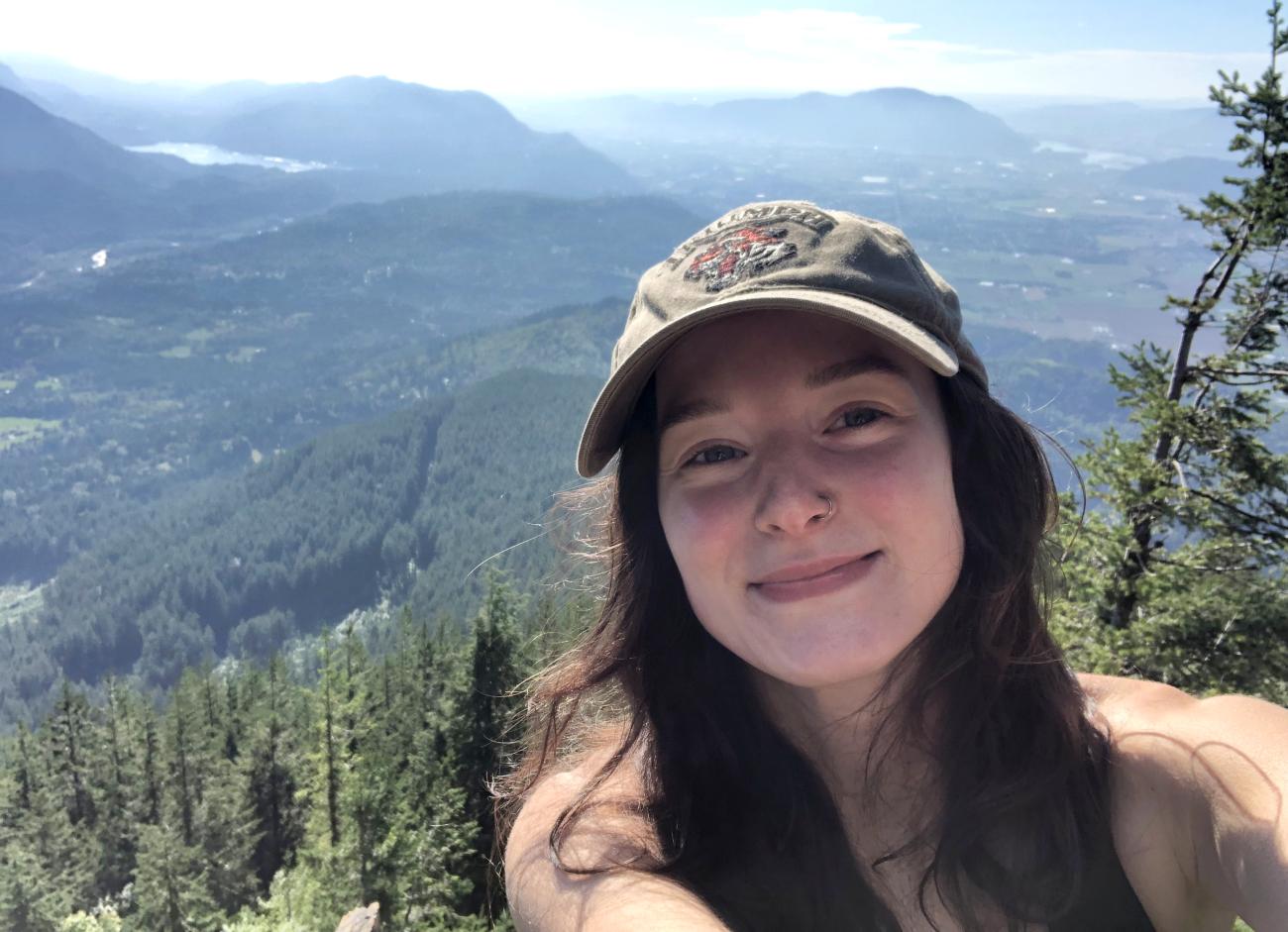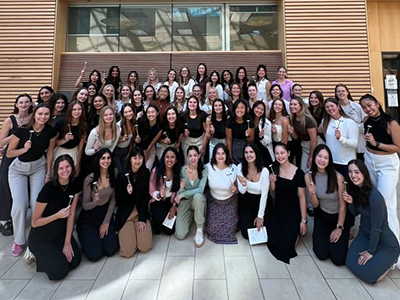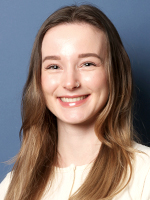
Meet Sarah — A health coach driven to make sports programming and nutrition education accessible for underserved communities.
Q: What is your role in health research?
A: I am a health coach at the Aging, Mobility, and Cognitive Health Laboratory. My role involves supporting participants in adopting healthier behaviors, specifically by improving their mobility and increasing their exercise levels. I also contribute to our team’s research efforts by applying evidence-based strategies to promote long-term health outcomes.
Recently, I completed a certification in Brief Action Planning with the Centre for Collaboration, Motivation and Innovation. This training has enhanced my health coaching skills, particularly for a research study focused on helping older adults overcome mobility challenges.
Q: What does your average day at work look like?
A: My day usually involves connecting with participants in my health coaching program. I call them to review their exercise plans, assess their progress and discuss any challenges they are facing. Together, we reevaluate their goals and make any necessary adjustments to ensure they stay on track and continue progressing toward their health and mobility objectives.

Q: What is your research area of interest, and what led you to that interest?
A: My research is focused on understanding the impacts of exercise on brain health, especially in preventing dementia and mitigating the cognitive effects of perimenopause. I am also interested in scoliosis and endometriosis — having lived with both conditions, I have seen firsthand the gaps in care and know that increased research is vital to improving specialized treatment options.
Q: What is the best part about your research job?
A: Every day presents new challenges and opportunities to work with participants in different capacities. I might conduct cognitive or physical testing, lead exercise classes or coach participants one-on-one.
I particularly enjoy helping participants set goals, navigate challenges and celebrate their progress. It is rewarding to see the tangible improvements they make in their mobility, confidence and overall health. The blend of desk work — analyzing data and assessing results — and hands-on interaction with participants gives me a well-rounded perspective on how research translates into real-world applications.
Q: What is one thing we might be surprised to learn about you? Do you have a secret talent?
A: In 2019, I completed a three-month internship with the Fiji National Sports Commission, where I helped facilitate sports programming and nutritional education in both urban and rural communities. I worked closely with nurses to conduct screening tests for body mass index, blood pressure and blood sugar levels. Through this outreach, I gained insight into the barriers these communities face in accessing healthy food and collaborated with dietitians to develop nutrition guides incorporating traditional Fijian dishes.
This transformative experience sparked my desire to make sports programming, physiotherapy and nutrition education more accessible, especially in developing countries. I hope to help make health and wellness interventions more equitable for underserved populations.
Q: What would you do if you were not in health research?
A: Given my passion for sports and wellness, I would love to train as a yoga or Pilates instructor!
Q: What is your healthiest habit?
A: I make it a priority to go to bed at a reasonable time and ensure I include physical activity in my day. Sleep and exercise are essential for brain health, so I prioritize them every day.
Q: What piece of advice would you give your younger self?
A: Dream big! You are capable of achieving anything you set your mind to.



